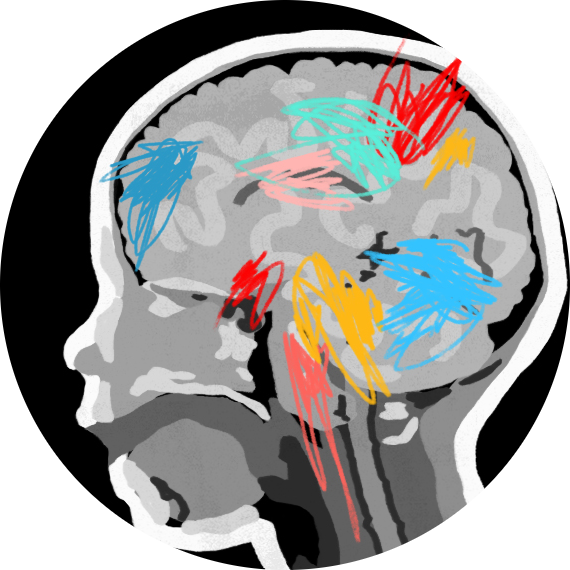
Flavio Tomasi. Assessing the endocannabinoid system as a therapeutic target in autism using Shank3-deficient mice
Motivation
The genetic architecture of autism spectrum disorders (ASD) is highly heterogeneous with a significant number of highly penetrant genes that result in monogenic forms of ASD. SHANK3 mutations are some of the more common single gene causes of autism, and represent a class of ASD mutations that impact the function of glutamatergic synapses. This synaptic dysfunction creates an imbalane between excitatory and inhibitory (E/I) neurotransmission, which is thought to be at the origin of the neurobehavioral manifestations observed in ASD. Restoring a normal E/I ratio therefore constitutes a promising therapeutic approach to treat forms of ASD arising from multiple molecular and cellular mechanisms.
Research Challenge
The goal of this project is to assess whether the modulation of the endocannabinoid system (ECS) has beneficial effects in a mouse model of ASD. The ECS is a key modulator of neuronal excitability and synaptic plasticity, and has already shown promise as a therapeutic target in some neurodevelopmental disorders. We will first examine the role of the ECS in Shank3-deficient mice to answer whether Shank3 deficiency is associated with biochemical and functional (including electrophysiological) alterations of the ECS. Subsequently, we will assess the effects of administration of ECS modulators on the phenotype of Shank3-deficient mice, specifically looking at restoring E/I balance and reversing synaptic (morphological and electrophysiological) and behavioural deficits observed in this mouse model.
The group of Dr. Catalina Betancur at the laboratory Neuroscience Paris-Seine (INSERM, CNRS), Institut de Biologie Paris-Seine, Sorbonne University, has unique expertise in autism genetics, autism gene discovery and multidimensional, functional dissection of ASD gene mutations. Approaches including neurobiology, biochemistry, electrophysiology, and behavioural analyses will be complemented by the know-how in electrophysiology of the secondment institution (CNC). The ESR will also acquire skills in design of translational research projects, medical writing, and regulatory affairs concerning clinical trials at Eurotrials.
Supervision and Secondments
The PhD project will be carried out in the goup of Neurobiology of Psychiatric Disorders led by Catalina Betancur. The ESR will enrol in the The Brain-Cognition-Behaviour Doctoral School (ED3C) of Sorbonne University. The project also features secondments (extended stays) at CNC (João Peça) and Eurotrials (now CTI; Ana Cláudia Patacão).
Supervisor: Catalina Betancur (Catalina.Betancur@inserm.fr)
Host Location: Laboratory Neuroscience Paris-Seine (INSERM, CNRS), Institut de Biologie Paris-Seine, Sorbonne University, Paris, France.
< return to list of projects
